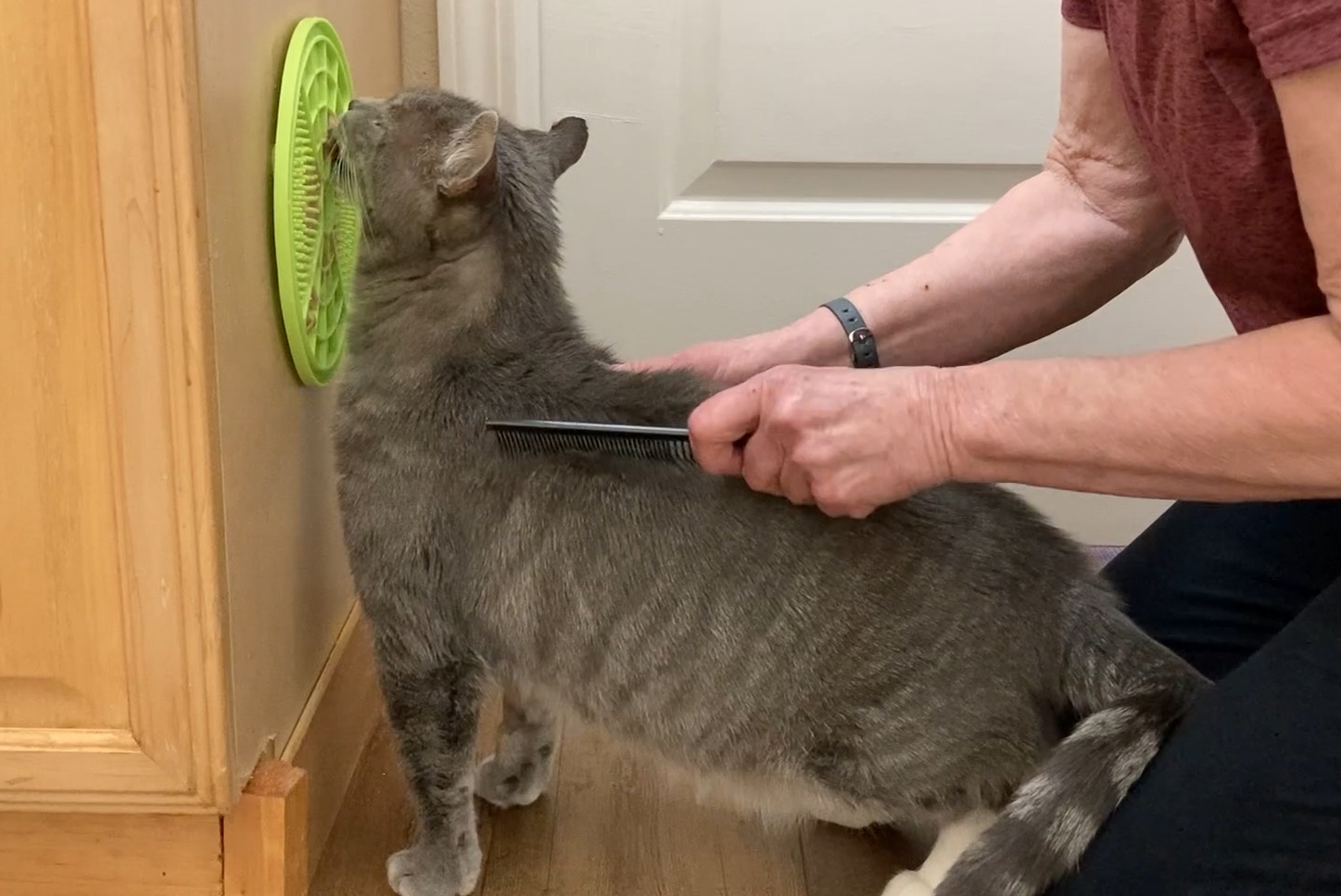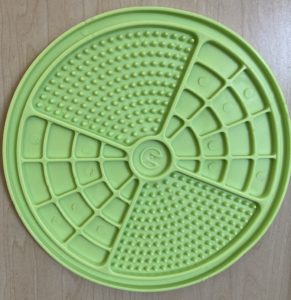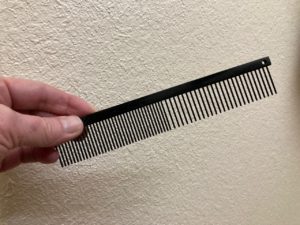
A cat’s first experience with grooming is when she is born. In the first 3 weeks of life, her mother cleaned her nose to tail many times a day, stimulating the kitten to void her bowels and urinate. When the kitten reached 4 weeks old, she started grooming herself, and also grooming her litter mates and mother.
why do cats groom?
Cats are mammals. Mammals have fur to maintain their high body temperature. The fur traps air next to the mammal’s body, providing an isolating layer to regulate his temperature.
It is important to keep the fur coat clean, after all a matted or pelted coat cannot trap as much air as a clean coat, where air surrounds each individual hair. Oil from the skin can combine with shed fur and dirt to form mats. Grooming helps distribute the oils of the skin throughout the fur so that mats are not likely to form.
Grooming not only helps keep your cat warm when cold and cool through the evaporation of saliva when hot, it also has a social function. A cat will not only groom himself, he also may participate in allogrooming. Allogrooming refers to animals of the same species grooming each other.
Grooming Your Cat – allogrooming
Some studies show that allogrooming occurs most among cats that are related, that are of the same social group. It is an affiliative behavior.
But there is also evidence that allogrooming is not restricted to family groups. It also a way for cats to redirect potential aggression and avoid physical conflict. Cats, being solitary hunters, prefer to avoid fighting. Fighting can result in injury, making a cat unable to hunt and feed himself.
In urban cat colonies and in multi-cat households, the abundance of resources make it possible for many cats to live close to each other, with abbreviated, overlapping territories. More cats closer together increases the likelihood of aggressive encounters. Allogrooming gives cats a way to redirect the aggression with a few quick licks to the head, soothing a would-be combatant and avoiding a fight.
I have two male cats, Gus and Marley, who are not fond of each other but co-exist. I was surprised the other day to find Gus grooming Marley’s head. Had Marley appeared aggressive to Gus? Marley is bigger than Gus – was Gus trying to calm Marley down to avoid a fight?
Grooming your cat: a social interaction
Cats often groom their people, licking them with their barbed tongues. How can we reciprocate? Consider grooming your cat. Grooming your cat can be soothing, making her feel calm and secure. And, it can help reduce hairballs and mats, by removing excess hair and distributing oils over the cat’s coat.
tips for grooming your cat
- Make sessions short.

Note the rounded tines on this “greyhound” comb. There is a “coarse” and “fine” side. - Only groom part of your cat’s coat at a time – say, one side.
- Consider using a comb with rounded tines – it is often more effective than a brush.
- Comb at an angle, in the direction of the hair.
- Don’t pull knotted or matted hair out – this hurts! Tease mats apart gently with your fingers if possible, then comb the area, starting with a “coarse” comb and working up to a “fine” comb.
- Groom frequently, say every few days.
My cat won’t let me groom her

Desensitize your cat to being groomed. Try distracting her with tasty treats – a “Likimat” can keep her engaged with a soothing behavior (licking) while you groom.
If your cat is clicker trained, try the following steps:
- Establish a cue for grooming, for example, show your cat the grooming comb and let her rub against it.
- Touch your cat with the comb, click and treat. Work up to brief combings – make sure to reward.
- Gradually increase the time of combings, making sure to reward kitty.
- WATCH her body language to know when to take a break.
Oil, dirt and shed hair can clump together to form larger mats that feel like Brillo pads. These mats are best taken care of by a professional groomer. Cats’ skin is delicate and can tear easily, requiring a trip to the vet for wound repair. Above all, resist the temptation to use scissors. Even small mats are best removed by hand or with a clipper.
Want to keep up with the world of cats? Subscribe to The Feline Purrspective!



2 thoughts on “Grooming Your Cat – a social interaction”